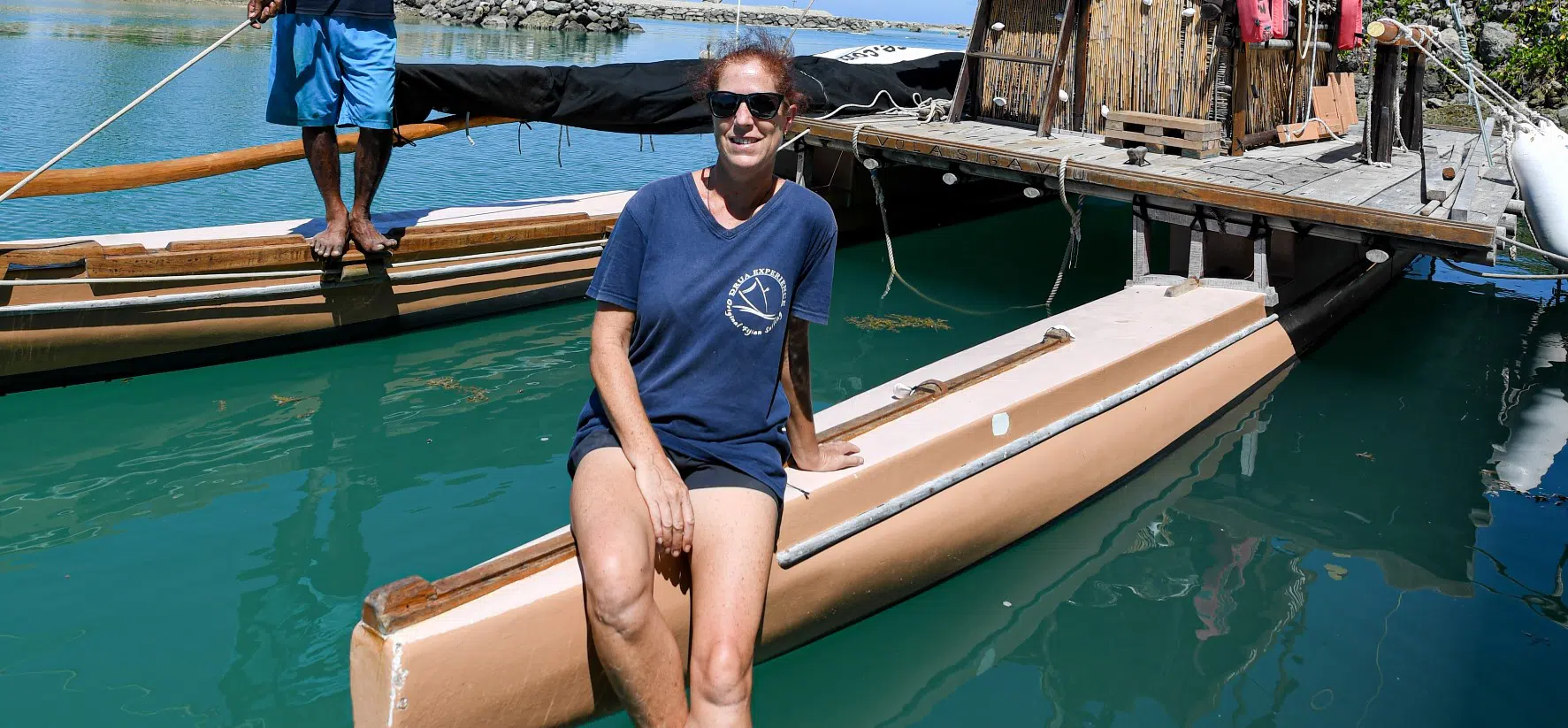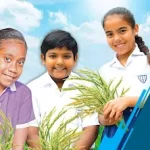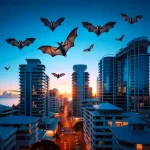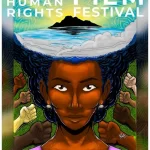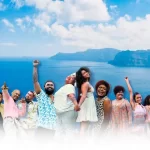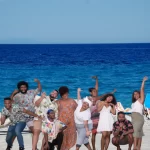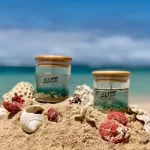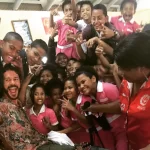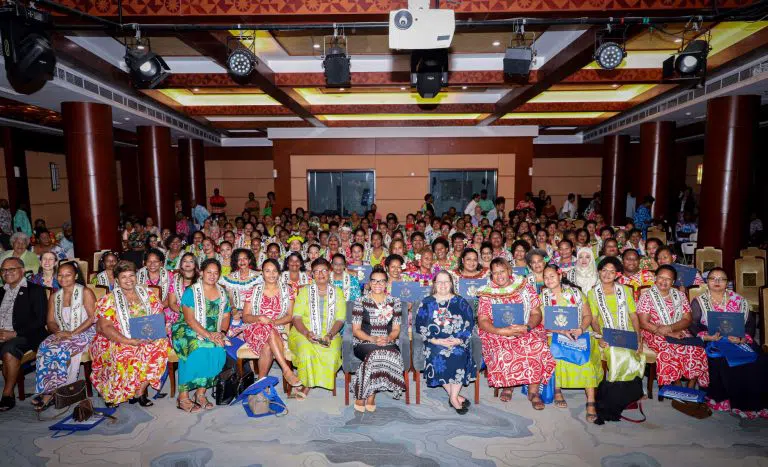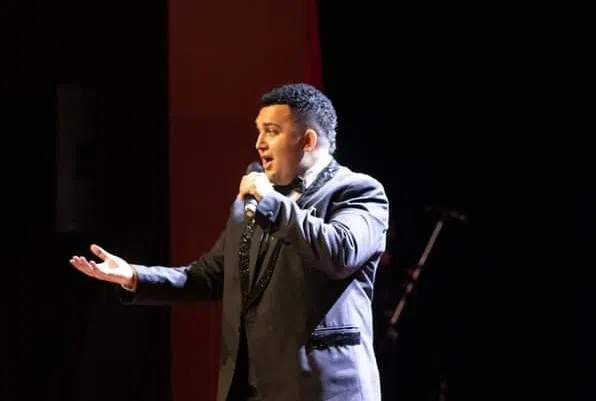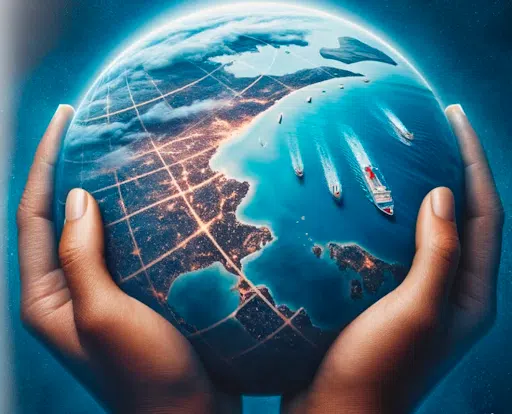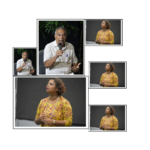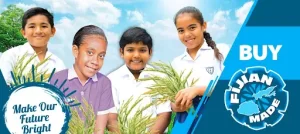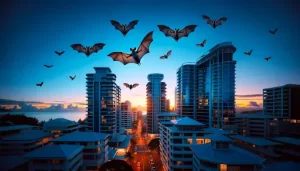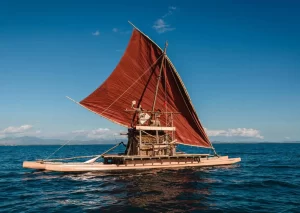 The Fijian drua or double-hulled canoes were the finest sea-going vessels ever designed and built by the natives of Oceania. Today, they are precious exhibits across museums in Fiji, New Zealand, the United Kingdom, and Germany. The only one that is sailing is berthed at the Vuda Marina in Lautoka, Fiji, where Alison Newell, a New Zealander, is keeping the art of traditional sailing alive.
The Fijian drua or double-hulled canoes were the finest sea-going vessels ever designed and built by the natives of Oceania. Today, they are precious exhibits across museums in Fiji, New Zealand, the United Kingdom, and Germany. The only one that is sailing is berthed at the Vuda Marina in Lautoka, Fiji, where Alison Newell, a New Zealander, is keeping the art of traditional sailing alive. What brought you to Fiji?
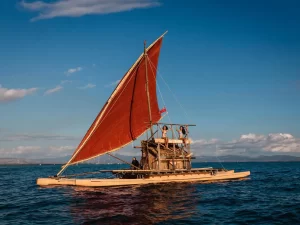 Our family first sailed to Fiji in 2002 and we spent the next few years sailing between Fiji and New Zealand, spending much of our time in a small village in Kadavu, one of Fiji’s many islands. Around eight years ago, I moved permanently to Fiji.
Our family first sailed to Fiji in 2002 and we spent the next few years sailing between Fiji and New Zealand, spending much of our time in a small village in Kadavu, one of Fiji’s many islands. Around eight years ago, I moved permanently to Fiji.
As sailors, we discovered that some of the communities we visited were restricted in their search for sustainable livelihoods because of the lack of sustainable sea transport. This led us to look into the whole issue of sea transport and connectivity and the essential nature of sea transport for all facets of life in remote island communities — access to health care and education, trade and markets, or simply family connectivity.
In 2012, we hosted a conference — the Sustainable Sea Transport Talanoa in Fiji — the first regional event that brought together traditional voyagers and sailors with government maritime officials and private sector shipping companies and academics. This led to the University of the South Pacific (USP) looking into the issue of sustainable sea transport and establishing the Sustainable Sea Transport Research Programme in 2013. This was followed by the establishment of the Micronesian Center for Sustainable Transport in 2015 — a joint initiative of the USP and the government of the Marshall islands — to catalyze a transition to decarbonised transport starting with shipping. We’re still involved with this today.
What was the motivation behind Drua Experience?
We decided to set up the Drua Experience as an experiment. We wanted to prove there was value in looking at the cultural heritage of seafaring in Fiji (and the Pacific more broadly) for future livelihoods in a zero-carbon world. We also wanted to capitalize on the Fijian pride in the drua as a cultural icon, which is everywhere (on stamps, phone boxes, logos, uniforms, coats of arms) except on the ocean. As scientists and researchers, we wanted to demonstrate that wind is a viable means of ship propulsion. We also wanted to highlight the cultural legacy that Fiji, Samoa, and Tonga gave the world through the building and export of drua across Central Oceania hundreds of years ago.
We wanted to create more sustainable livelihoods for Fiji’s traditional sailors, one where their traditional knowledge and skills would be valued in a modern-day economic environment. We had also been working with the Fiji Museum in looking at how to preserve the one remaining drua ( Ratu Finau) built in the early 1900s and housed in Suva.
As the only complete example of a drua, although smaller and in poor state, Ratu Finau provided us a template to build a modern replica that could operate commercially, while meeting modern ship building standards. With the blessing of the Fijian government, the I Vola Sigavou (New Rising Star) was launched in 2016.
We decided to pilot it as a private business — Sailing for Sustainability Fiji Pte Ltd — using the Drua Experience brand. Since then, we have provided jobs for Fijian traditional sailors and navigators, running both a youth educational programme to revitalize Fijian canoe knowledge, and serving as a cultural tourism business. Interestingly, one of our most valued and repeat customers is the Fijian government, and we were delighted to be their COP23 ‘poster girl.’
What are you most passionate about and what drives you?
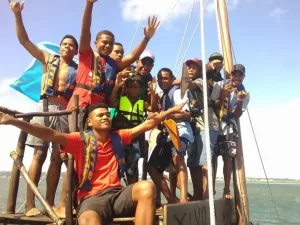 As sailors living aboard a small sailing boat for the past few decades, we have an intimate relationship with the ocean. This is what binds us with all other Pacific islanders we meet. Rekindling that connection through the practical experience of sailing on the ocean — on a vessel designed over generations specifically for sailing on these waters — is incredibly precious.
As sailors living aboard a small sailing boat for the past few decades, we have an intimate relationship with the ocean. This is what binds us with all other Pacific islanders we meet. Rekindling that connection through the practical experience of sailing on the ocean — on a vessel designed over generations specifically for sailing on these waters — is incredibly precious.
Not long ago, the remote Southern Lau islands in Fiji were home to a thriving boat building industry in central Oceania. Tongans brought Samoan boat builders to Fiji and together over time built the largest, fastest, and most versatile ships in the world. Fleets of drua were recorded by early European visitors, capable of carrying hundreds of people, tonnes of cargo, all built of renewable materials and using wind for propulsion.
Supporting our Fijian traditional seafarers and canoe builders, to ensure that their knowledge and cultural heritage is valued and protected, provides them with sustainable jobs. This knowledge can then be passed on to future generations to inform future maritime transport decisions. That’s what drives us.
What do you see as the biggest challenge facing our oceans in 2020?
This year’s World Oceans Day theme is, “Innovation for a Sustainable Ocean.” How do you think we can make it more meaningful in Fiji or in the Pacific?
What is your message to people on World Oceans Day 2020?
*(International Finance Corporation—a sister organization of the World Bank and member of the World Bank Group—provided advisory services to Sailing for Sustainability (Fiji), which offers the Drua Experience Tour)
Source: IFC

